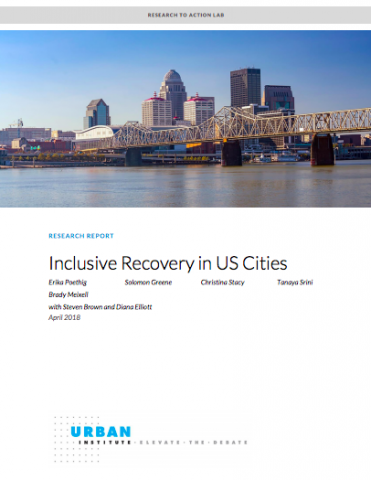CEF is working to end the racial wealth gap by supporting over 1,000 Members, annually, in reaching their employment, housing, and finance goals. We are based in Durham and Orange Counties, North Carolina. Our approach combines person-centered support with advocacy and financial services that pursue equity. CEF’s work is grounded in recognition of the detrimental impacts of systemic racism on Black and Brown members of our communities and we value the leadership of people with lived experiences with homelessness and poverty. Since CEF's founding in 2009, Members have saved over $1.2 million through CEF's Safe Savings Accounts, which provide a 15% match when Members reach their goal and have participated in 8 financial coaching sessions.
